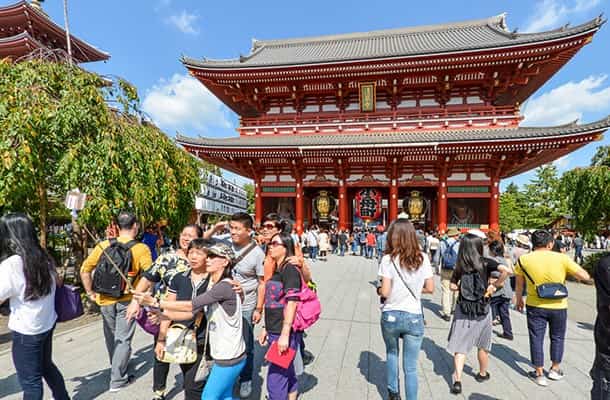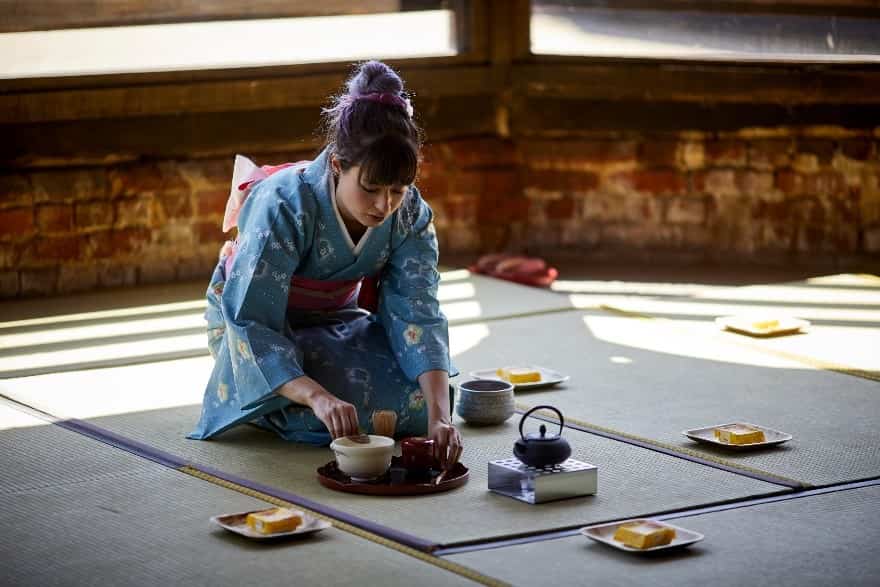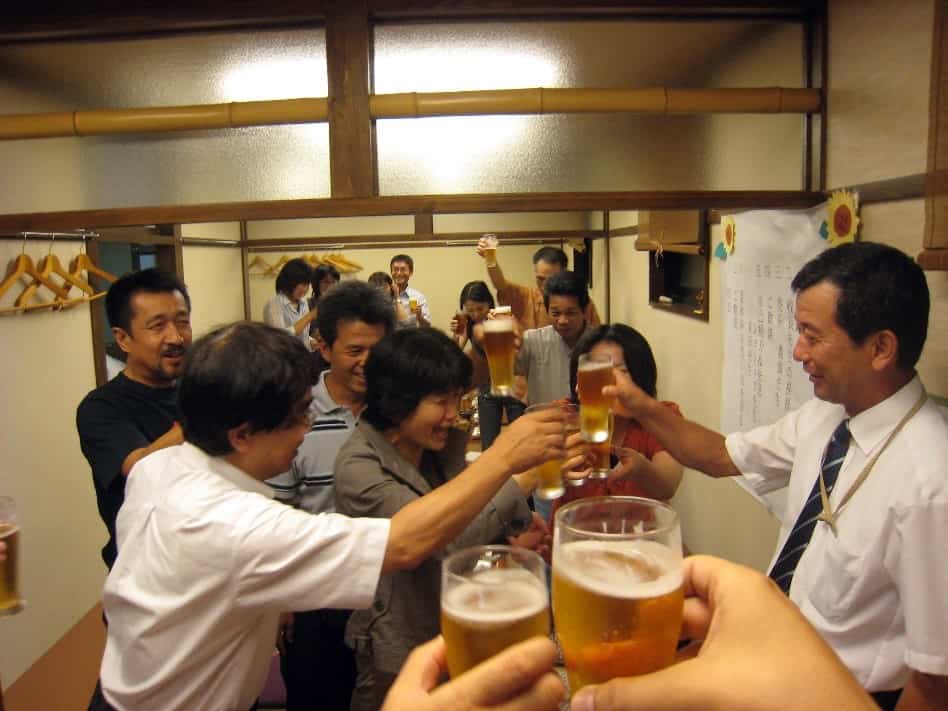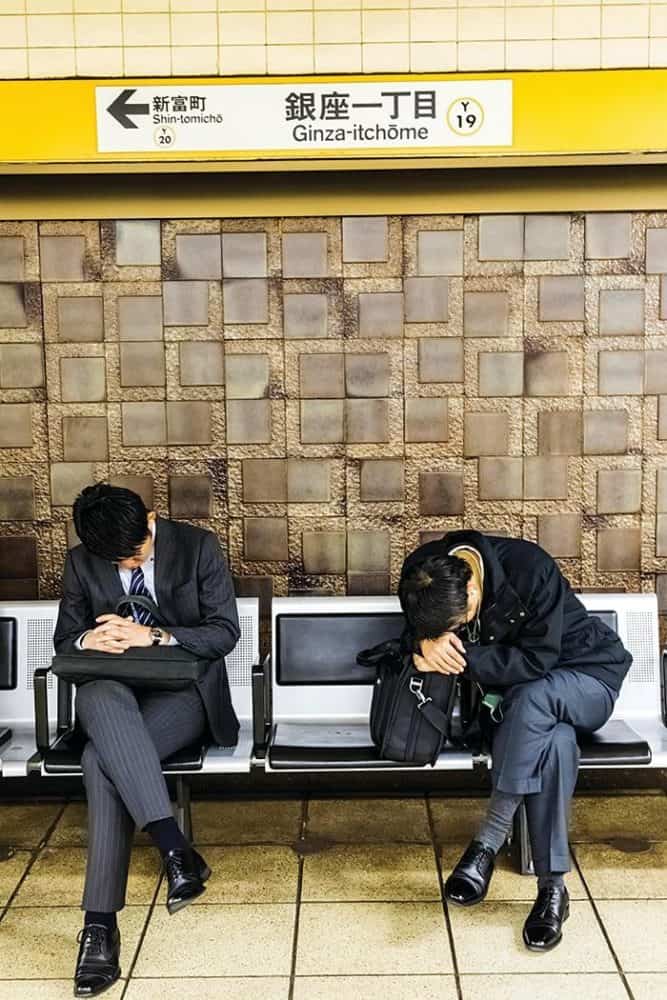When we talk about culture, we talk about its history and transition. The way a culture has managed to stay firm and unchanged over the course of decades and even centuries. There are not many cultures in the world right now to have survived in their purest of forms. One of the cultures to have successfully remained consistent is the rich culture of Japan.
Author
Japanese culture and its inhabitants experienced a long period of seclusion and isolation from the outside world for almost 220 years during the Meiji period. Perhaps this has been the reason behind the survival of Japanese culture in its ancient form. Today, the culture of Japan stands as one of the most popular and interesting cultures. This may be because majority of its norms still depict the stories and memories of ancient times.
The Japanese culture has been the least affected culture by the fast-paced modernization of this current world. Having said that, Japan still manages to be one of the most technologically advanced countries today. This balance between holding onto their traditional roots and managing to be most tech-equipped, developed country today, has made Japan a fascinating destination.
From gorgeous natural sights to loud and busy cities. Japan has it all. The extreme discipline, hard work, social safety, delicate cuisine and massive respect for their culture are the true traits of a Japanese citizen.

Here we discuss six key customs and tradition which you should keep in mind before heading to Japan.
1. Importance of Tea Ceremonies
Japan has its food influenced by regional and traditional customs of its culture. They have a very distinct and delicate cuisine. Tea has a religious and cultural importance in Japan. It is a drink for the holy men. Tea ceremonies have become an integral part of Japanese culture.
The culture of tea ceremonies is quite complex and disciplined. They are usually hosted by religious families and people. If you ever get invited to such an event, make sure to be aware of the rituals. Even the seating in the ceremony is done rank wise. It is a common Buddhism inspired custom, highly revered and important for Japanese.

2. Sacred Practice of Exchanging Gifts
Japan has a lot of religious and holy practices which you should know about in order to gain their social respect. The practice of exchanging gifts is something not modern in Japan. It has its roots from the earliest of times. The gift itself is not as important as the ritual of giving and accepting gifts is.
Business associates, friends, colleagues and families pay respect to each other by exchanging gifts whenever they meet. There are a variety of gifts which are acceptable and vary from occasion to occasion. In addition to this, the way gifts are wrapped is quite essential too. Proper wrapping and bags are considered respectful. Similarly, accepting gifts politely is also important.
Mind it to never gift someone in a set of four pieces in Japan. It is considered as an unlucky number due to the fact the number ‘four’ in Japanese is pronounced the same way as ‘death’.

3. Forget the Year Parties
Japanese are socially quite active. Every December, ‘Bonenkai’ or ‘Forget the Year’ parties are held all over the country. The reason behind such a jamboree is to spread optimism. Forgetting the hardships of the ending year and looking forward positively towards the coming year.
Bonenkai parties are held among friends, families and working colleagues. By the end of each year, Japan is swarming with such parties. Thereby, you can expect to be invited to numerous such parties if you go at the end of the year.

4. Respect their ‘Kampai’ Tradition
Parties in Japan also have many customs and traditions. They always put the element of respect for each other first. This is the reason they consider the ‘Kampai’ tradition so important. The word ‘Kampai’ translates to ‘Cheers’ in English. The norm is to follow a certain set of rules when invited as a guest in a party.
Never pour the drink yourself in a Japanese party, as it is considered a duty of the host. Similarly, never to start drinking before everyone else has gotten their drink. The rule is to do the ‘Kampai’ first before taking the first sip of your drink.
Also, in order to appear reverent to your fellow guests and host, during the first round of drink, always order the same drink as everyone else to show cordialness.
5. Don’t Disrespect Them By Giving Tips
This custom is quite popular in Japan. When eating out in any Japanese restaurant, remember to never tip. This norm completely based on respect. It is not only socially unacceptable to tip in Japan, it is considered as insulting. The force of habit makes majority of the tourists and visitors tip at the end of the meal or a party. However, Japanese do not practice the custom of tipping and you shouldn’t too while in Japan.
The way they charge you at the end of your meal includes the service tips. Best to leave it at that.

6. They Sleep Everywhere
The practice of sleeping in public might be considered as peculiar and uncivil in many countries of the world but not in Japan. They are a hardworking nation, and workers are expected to sleep at their desks as it is completely normal. The norm is called ‘Inemuri’ which translates to ‘Sleeping while being present’ in English.
This practice is not only followed by elders at their workplaces and subways. The students in Japanese schools and colleges are also made to take a nap after hours long of classes and academic activities. The custom isn’t looked down upon in Japan as managers and higher-ups in a company expect their workers to fall asleep and take naps during the long working hours.

Conclusion
There are dozens of more customs and traditions which you are supposed to keep in mind while being in Japan. Japanese have utmost respect for their culture and expect even the tourists and foreigners to practice the important traits. Travelling to Japan can be disorienting and exhausting. However, by following their cultural norms, you may be able to develop everlasting social connections with the Japanese people.

